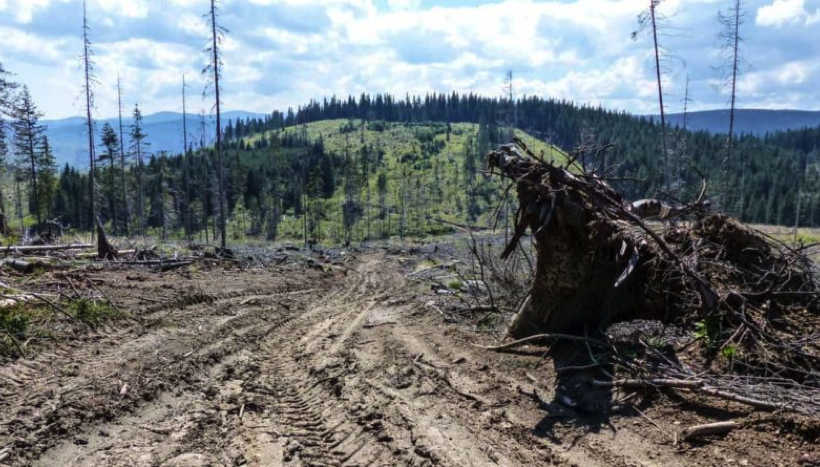Brazil’s president, Luiz Inácio Lula da Silva, has promised that the deforestation process suffered by the Brazilian Amazon will end by 2030, after making combatting indiscriminate logging and forest removal the centerpiece of his environmental policy.
Lula’s Brazilian socialist government plans to achieve its goal using strengthened law enforcement against environmental crimes as well as other measures. The plan calls for forest restoration as well as for the increase of native vegetation through economic incentives. It is proposed to use strengthened law enforcement against environmental crimes, and other measures in the world’s largest rainforest.
The Plan of Action to Prevent and Control Deforestation in the Amazon (PPCDAm) establishes coordinated policy among more than a dozen ministries until the end of Lula’s term in 2027. Likewise, it establishes greater use of technology and satellite imagery to track criminal activity, regularization of property titles, and use of a rural registry to monitor forest management, which is considered essential to curb climate change.
Authorities will cross-reference information from the financial system with the rural registry and other databases as well as [with] satellite imagery to eradicate illegal loggers and ranchers, pointing to purchases of chainsaws or excavators with which illegal logging and gold mining is carried out.
To develop a green economy in the Amazon region without deforestation, forest products will be certified and technical assistance will be offered to producers. [Also], infrastructure, energy and internet connection will be provided to promote ecotourism.
In 2021, Brazil signed an agreement with more than 140 countries to end deforestation by 2030. In the same spirit, commemorations were extended to honor British journalist Dom Phillips and indigenist Bruno Araújo for their environmental work. Bruno Araújo was murdered a year ago in the Amazon region.










